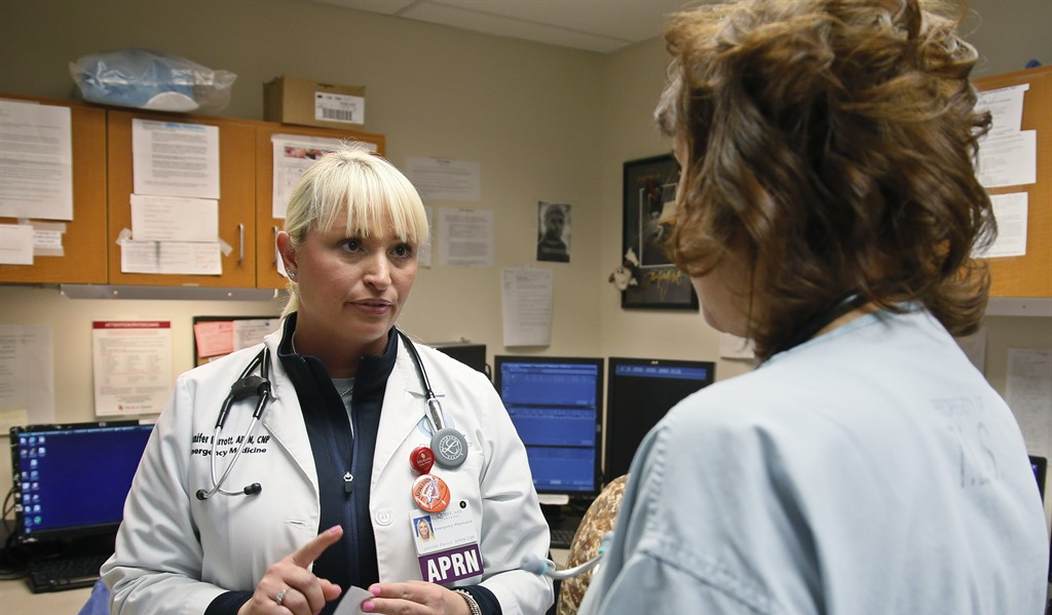The repeal of the itemized deduction for medical expenses is one of the proposed changes to the current income tax laws. It is among the smallest of the deductions scheduled for repeal, but the consequences will be significant for those affected. In lives fraught with uncertainty because of personal health challenges and escalating medical costs, removing this simple and cost-effective form of economic relief will cause massive immediate and undue additional stress and pain for individuals and families who rely on this deduction to help them care for themselves or their loved ones.
This does not concern the notorious 1% of taxpayers, about whom all media discussion seems to revolve, it is about the random 3% of Americans who are caught in the vortex of catastrophic medical circumstances and how they will survive and pay for them.
The figures show this deduction is utilized by a small number of people--but these citizens are among our most vulnerable. They are the chronically ill and the permanently disabled. They bear huge uninsured costs, which Congress will make even bigger by eliminating medical expense deduction.
Professionals across the healthcare spectrum agree that the cost of medical treatment for the small cohort of citizens who use this deduction is all too often a financial disaster. We do not and should not turn our backs on fellow citizens who fall victim to catastrophes beyond their control. The compassion of the American people and their representatives in Congress should still apply in the consideration we extend to families whose dire medical challenges are often prolonged and sometimes last a lifetime.
In contrast to the medical expense deduction, deductions for voluntarily-incurred expenses such as charitable contributions would be maintained under the proposed changes to the tax code. One cannot dispute the benefit of the deduction for charitable contributions, but the deduction for medical expenses is arguably even more worthy because it directly helps our most needy and financially fragile citizens, and reduces their dependence on public assistance. It involves no bureaucratic intervention and it doesn't put new money in anyone's pocket. It helps keep resources where they directly assist with expenses that are unexpected or unrecoverable and for which no other help exists. Those who use the deduction simply pay their medical bills and file their taxes, hoping to stay financially afloat.
Recommended
As Congress works on the huge numbers in the tax bills we must not lose sight of our disabled and chronically ill constituents; these folks are already living in borderline circumstances. Imposing an additional financial burden on top of the daily challenges they face (such as just feeling lousy every day) goes against our heritage. The repeal of this exemption is not only onerous, it is a cruel measure at a time when a taxpayer experiences a major medical expense such as organ replacement or cancer treatment or where a chronically ill person or their dependents have to pay out a high measure, if not all of their income, for daily subsistence, only to have that income suddenly taxed fully under the new proposal.
If Congress is truly invested in the goal of tax reform, they have plenty of sensible and deserving targets to choose from in the enormous tax code that itself has grown like cancer over the past nearly 100 years. Singling out the medically vulnerable, physically and financially, reaches an endpoint that is harsh, unnecessary, and truly unfair.
For reference on specific consequences of the repeal of the medical expense deduction: https://www.nytimes.com/2017/11/08/health/medical-deduction-tax-bill.html
























Join the conversation as a VIP Member